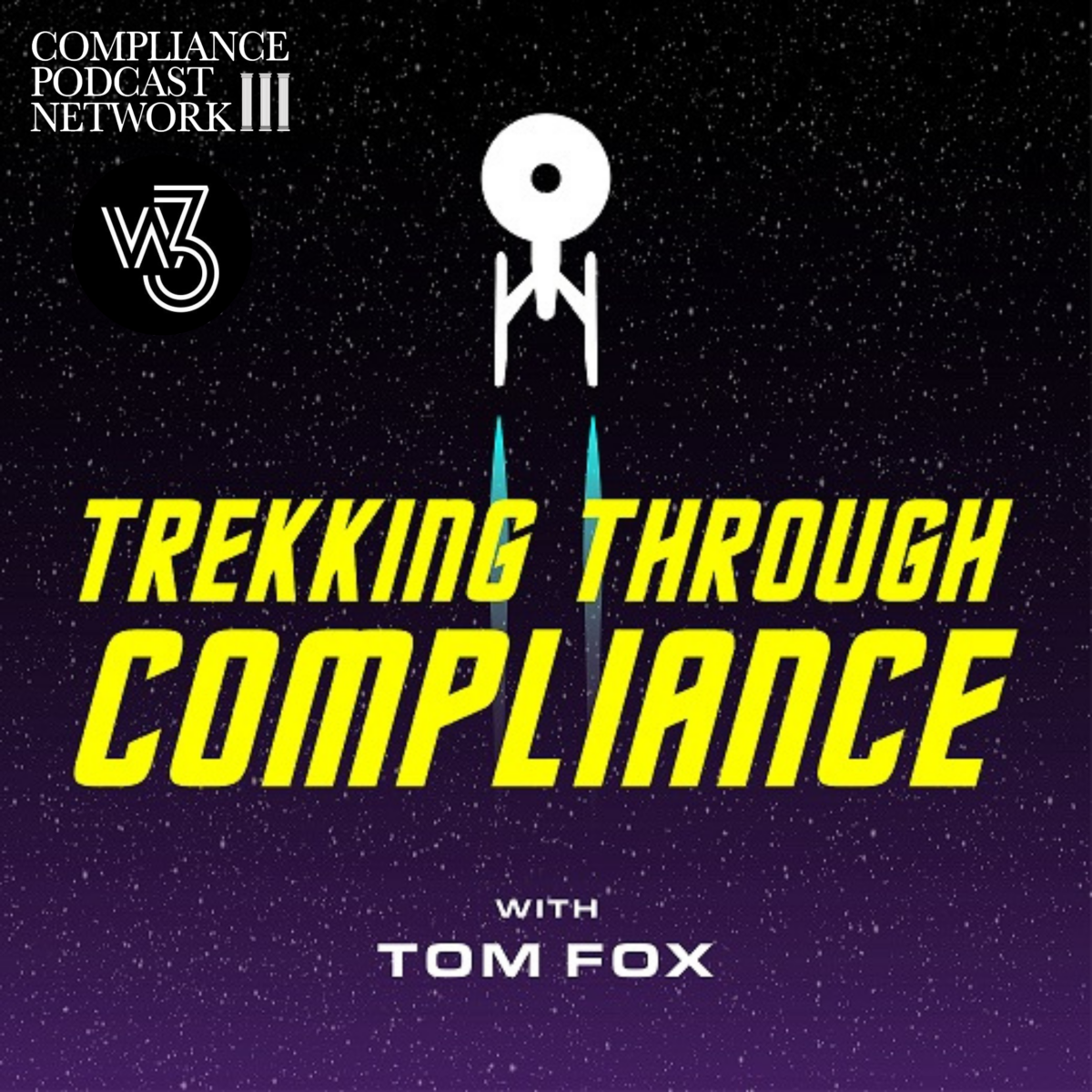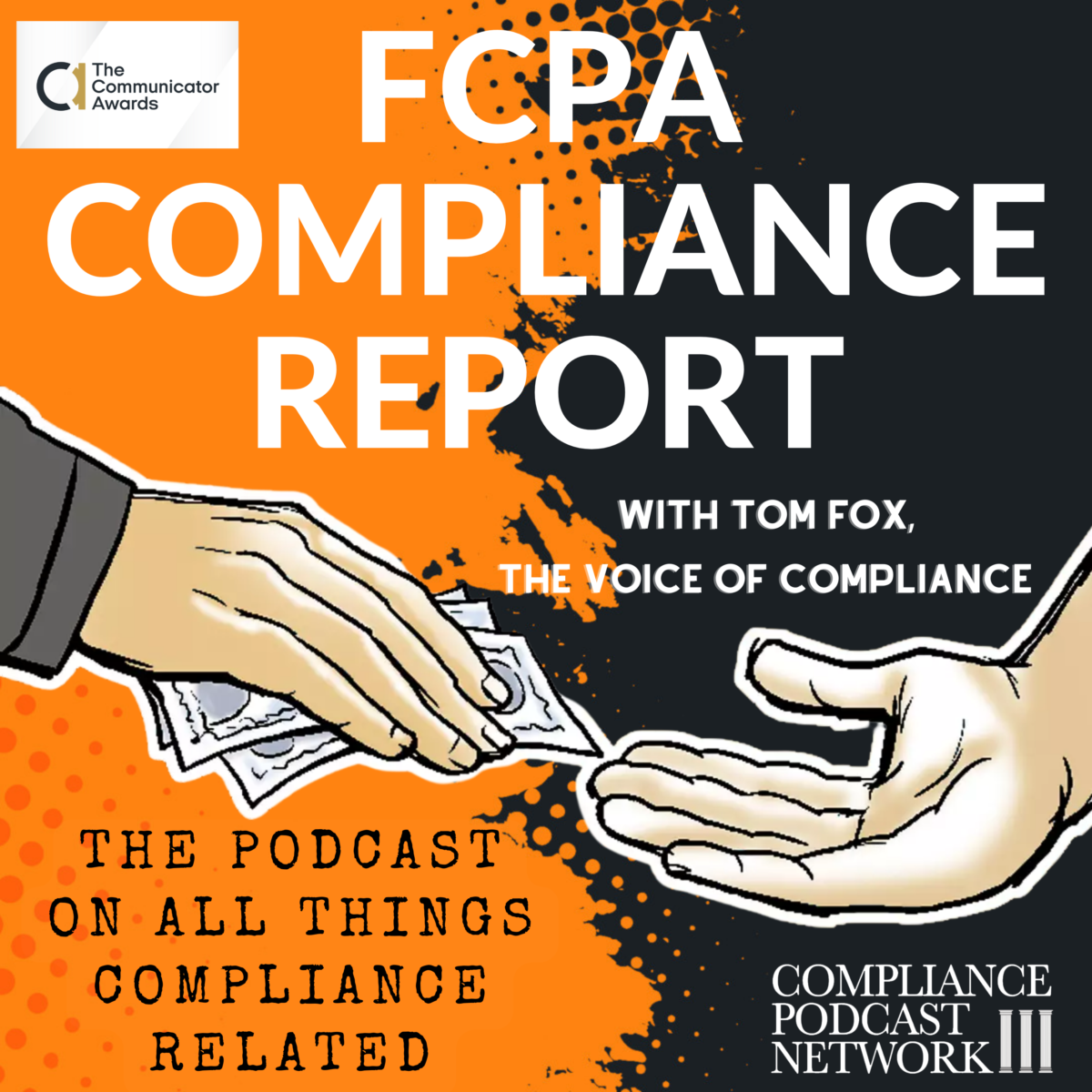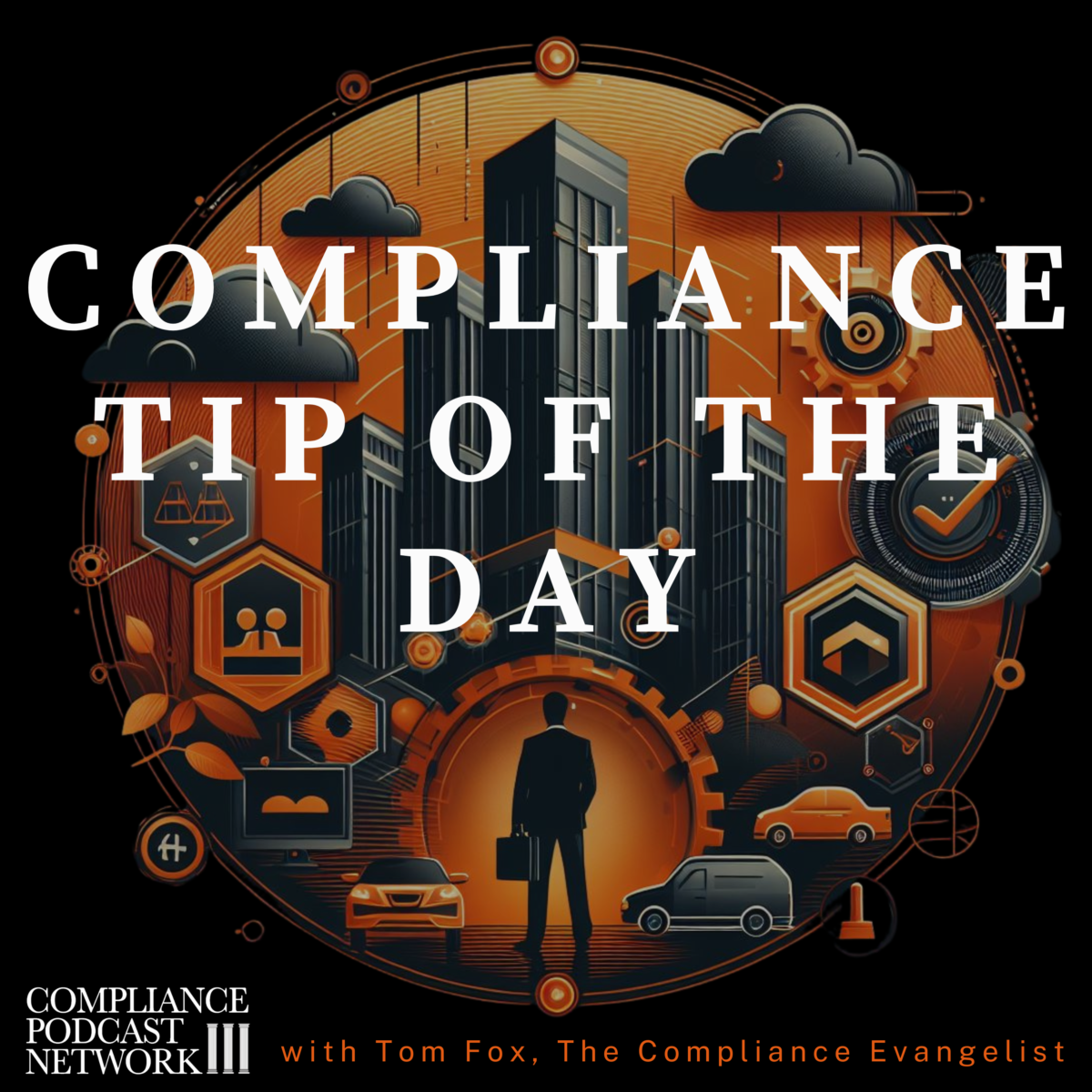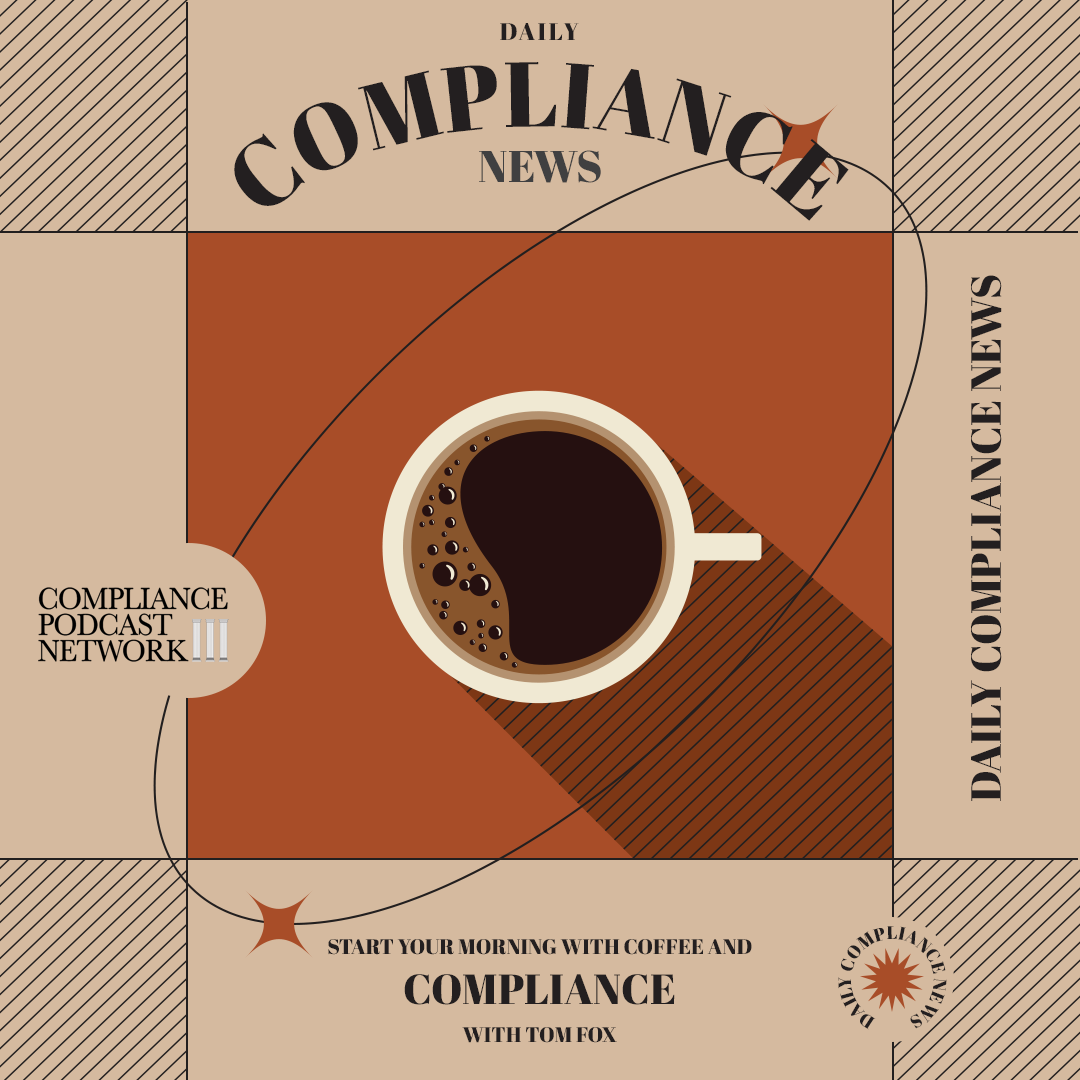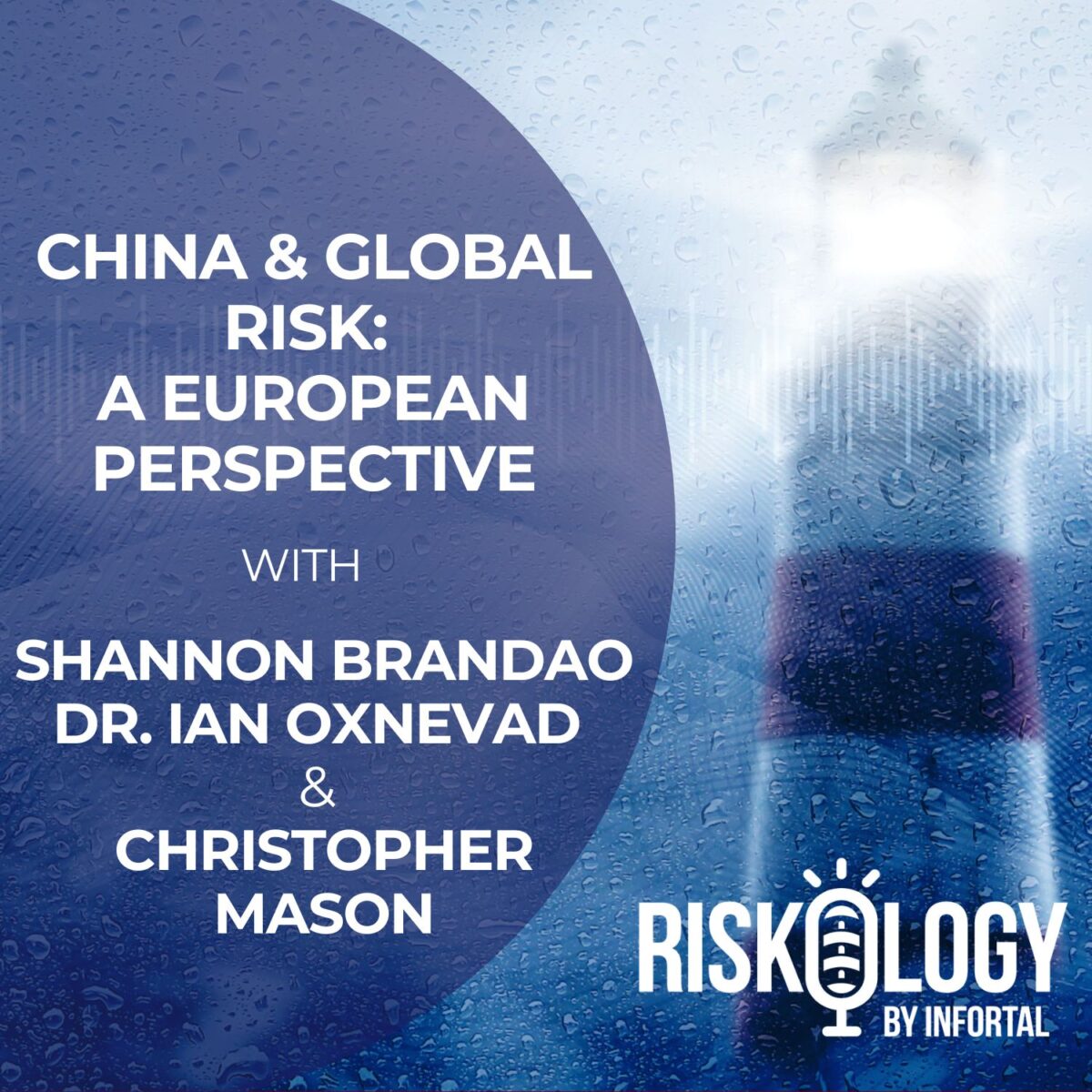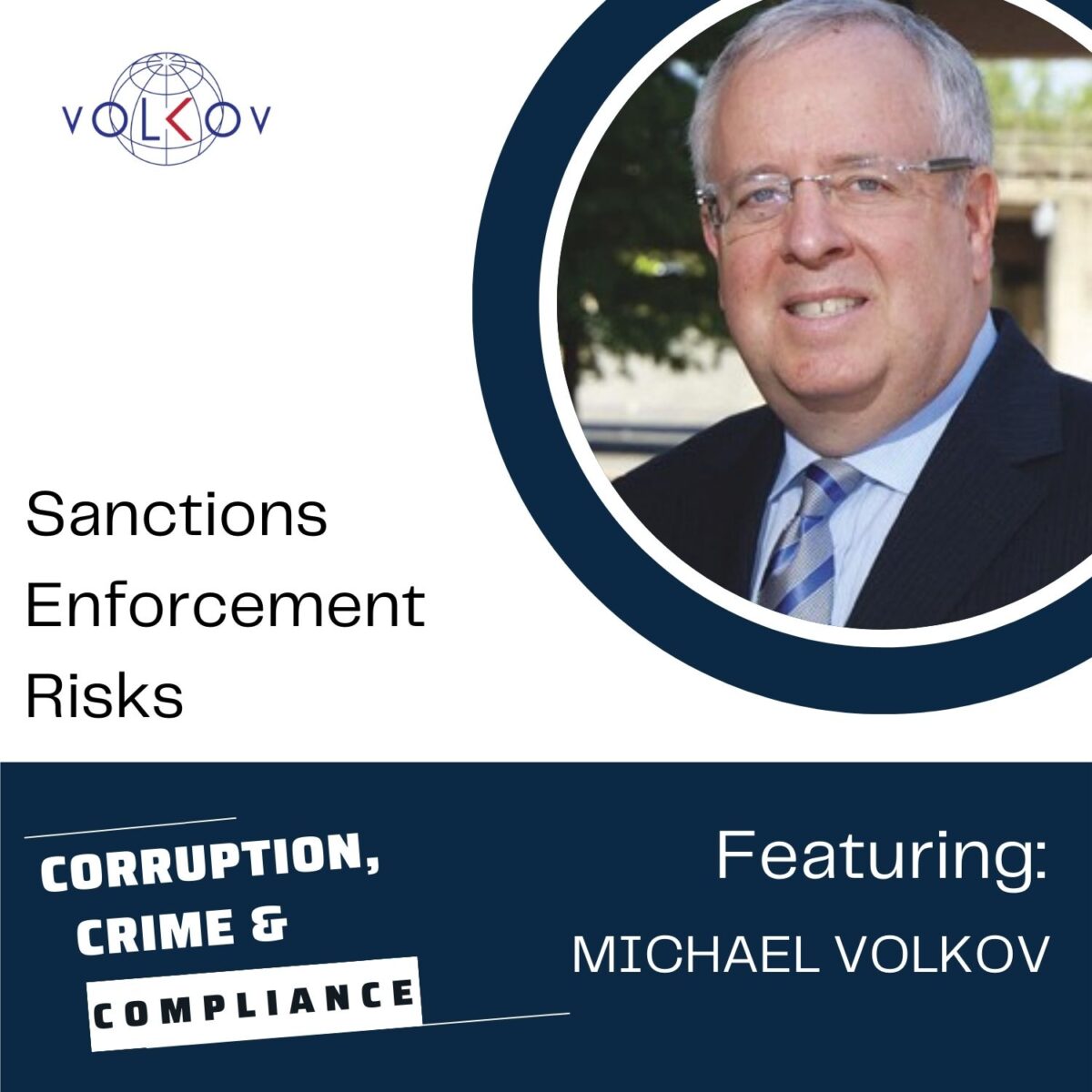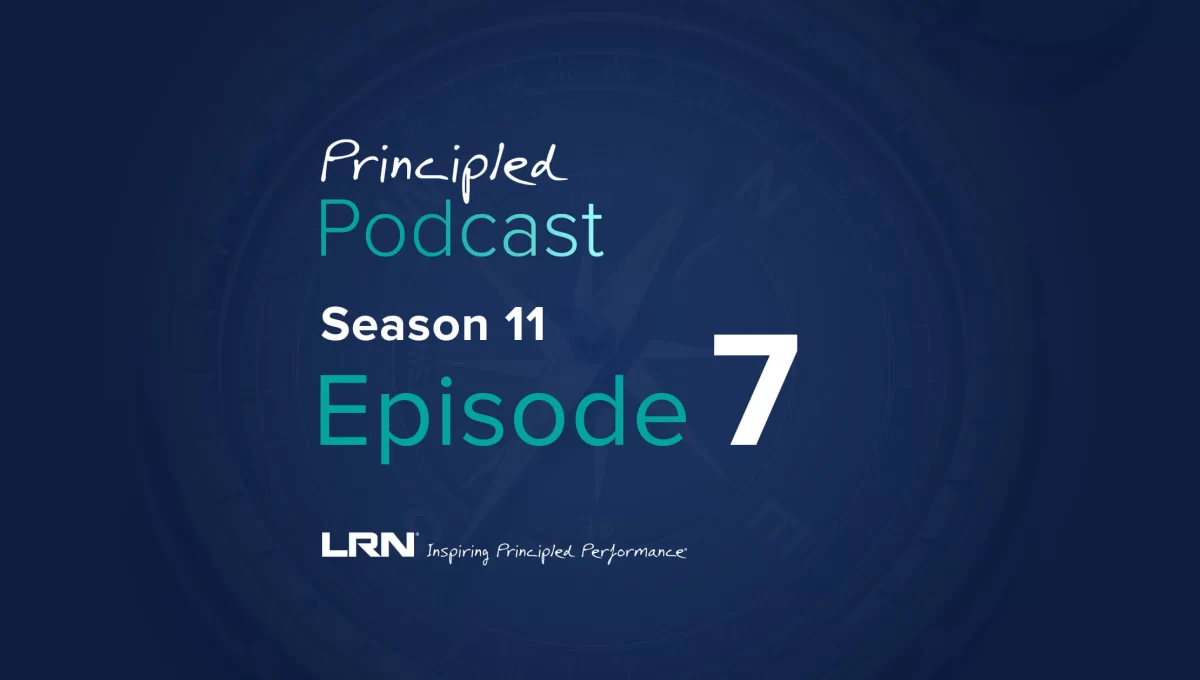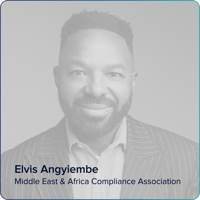In this episode of Trekking Through Compliance, we consider episode I, Mudd, which aired on November 3, 1967, and occurred on Star Date 4513.3.
The Enterprise finds Harry Mudd (Harcourt Fenton Mudd) on a planet and the “ruler” of 500 robot women. Mudd is being studied by the robots, who are accommodating but refuse to let him go. The androids tell Kirk people from the Andromeda galaxy built them. However, the civilization that constructed them was destroyed by a supernova, so the androids were left without supervision. Now, they have found a new purpose in Mudd. Spock makes inquiries and discovers that there are 207,809 androids, and, most importantly, they seem to be controlled by some central coordinating power.
The robots find people too destructive and plan to take over and “serve” all humans in the galaxy to control them. Kirk leaves Harry on the planet with his attendant robots to serve as an example of human failure to them. The robots are also reprogrammed to perform their original task of rendering the planet fit for human life. As a final blow to Mr. Mudd, Kirk also leaves behind several android copies of his shrewish wife, Stella.
Commentary
The episode features the return of Harcourt Fenton Mudd, who hijacks the Enterprise and takes it to a planet of robots. The crew must outwit the androids using illogical actions to regain control. We delve into the episode’s ethical lessons and connect them to compliance practices, emphasizing the importance of ethical decision-making, ethical leadership, and continuous improvement in compliance programs. Fun fact: NBC considered a spin-off series for Harry Mudd due to the episode’s success, although it never came to fruition.
Key Highlights
- Plot Summary: The Hijacking and Mudd’s Rule
- The Androids’ Purpose and Kirk’s Plan
- The Climax: Overloading the Androids
- Ethical Decision-Making in Compliance
Resources
Excruciatingly Detailed Plot Summary by Eric W. Weisstein


